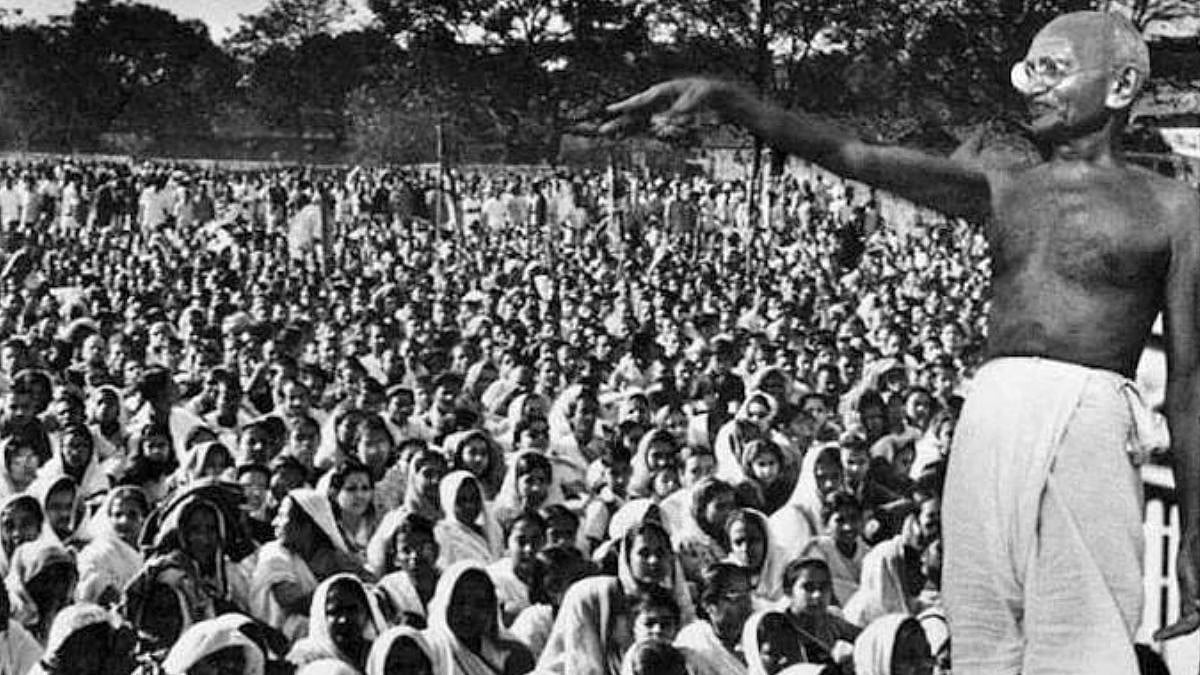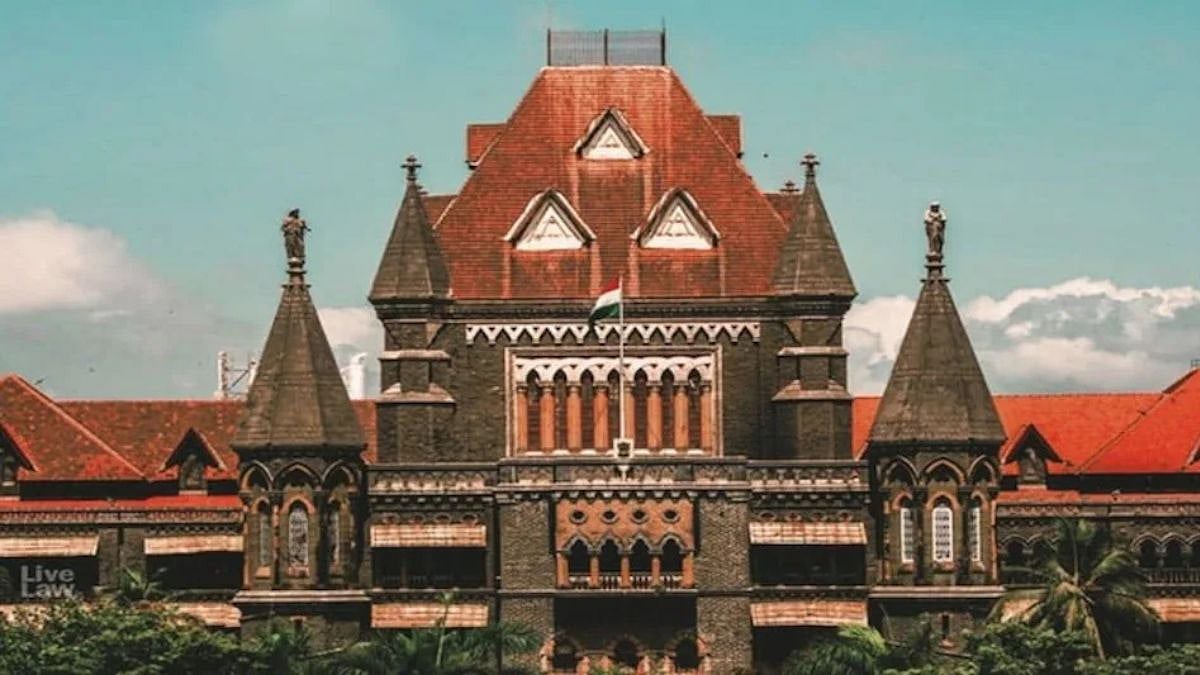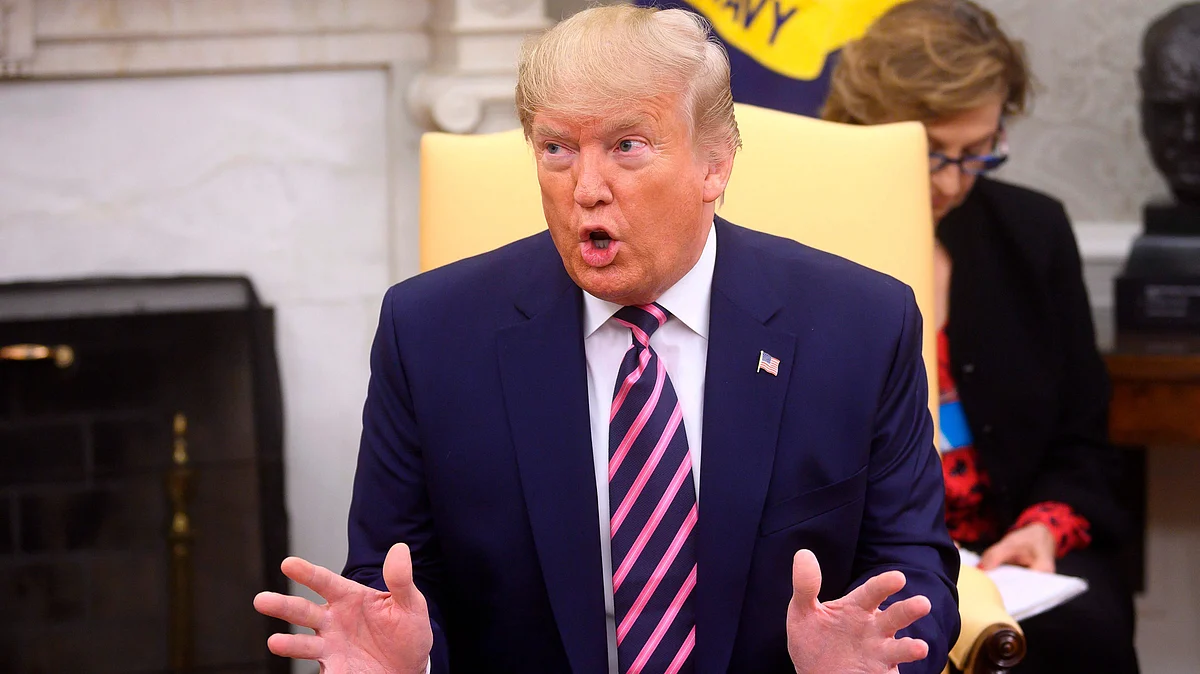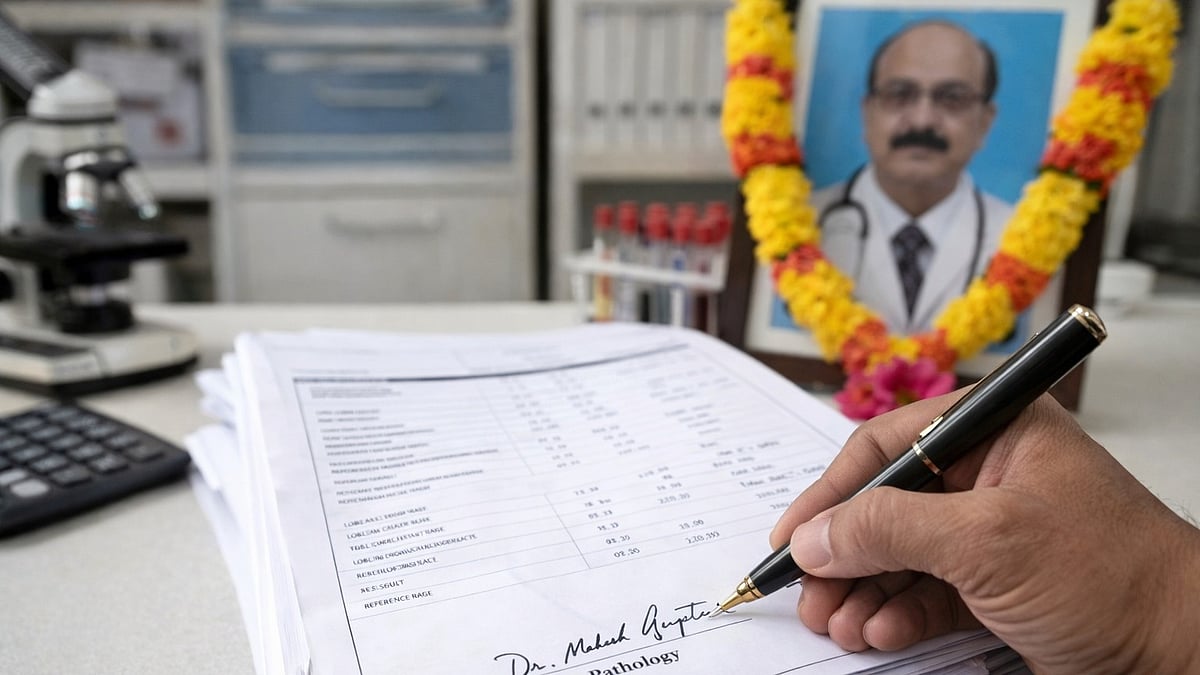The Anarchical and Revolutionary Crimes Act of 1919, often known as the 'Rowlatt Act,' was passed by the British Legislative Council in February 1919.
This Act empowered the government to detain anyone guilty of plotting to destabilise the British empire for up to two years without trial and to execute them without a jury.
The Rowlatt Commission (1918) recommended that the previous Defense of India Act (1915), established during the First World War, be replaced with a permanent statute that provided the British government increased control over Indians.
This law was passed in March 1919 by the Imperial Legislative Council which gave the government the power to imprison any person accused of conspiring to overthrow the British empire, for up to two years without trial and to execute them without a jury.
What was the Rowlatt Act?
The Rowlatt Act was dubbed a "Black Act" or "Black Bill" by Mahatma Gandhi, and it caused the atrocious Jallianwala Bagh Massacre in April 1919, in response to which the INC launched the Non-Cooperation Campaign.
The British government established the commission in 1918. Sir Sydney Rowlatt presided over the commission, which included J.D.V Hodge, Basil Scott, Verney Lovett, PC Mitter, and CV Kumaraswami Sastri.
The commission's aim was to analyse India's revolutionary movement and to develop a detention policy. The commission recommended that the revolutionaries be detained or imprisoned without being tried.
Rowlatt Satyagraha
Mahatma Gandhi initiated the Rowlatt Satyagraha against the draconian act and in February 1919, he founded Satyagraha Sabha.
He called for a Pan-India protests and requested political support from peasants and artisans.
Anti-colonial demonstrations began even before the Satyagraha was undertaken in numerous parts of the country. Punjab witnessed the inhuman massacre of Jallianwala Bagh during a similar demonstration, which shook the entire nation, resulting in the launch of a larger-scale movement in 1920, the Non-Cooperation Movement, which merged with the Khilafat Movement, giving tremendous momentum to the Indian freedom struggle.
In March 1922, after adopting the recommendations of the Repressive Laws Committee, the British colonial administration abolished the Rowlatt Act, the Press Act, and twenty-two other laws




